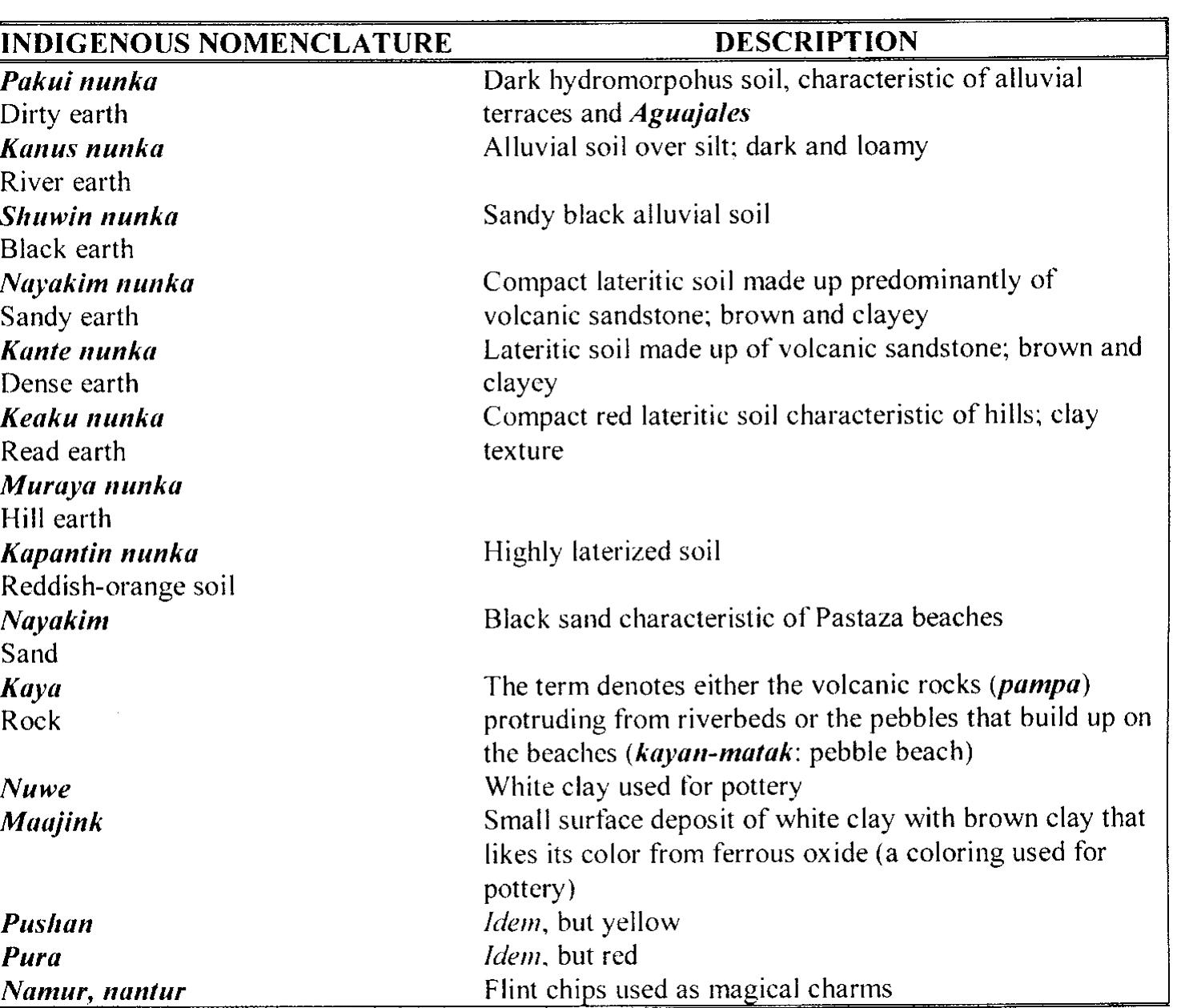Latin American ethnopedology: A vision of its past, present, and future (original) (raw)
Abstract
Ethnopedology is the study of local knowledge of soil and land management in an ecological perspective. It is an emerging hybrid discipline that is a component of ethnoecology and stands to offer much for land-based studies. This paper reviews the field of ethnopedology in Latin America and compares some of the many case studies from that region. Various literature sources are considered, including the ethnographical, ethnohistorical, archaeological, geographical, agronomic, ethnoecological, and development studies. Our review invokes the theory of ethnoecology that focuses on the linkages between kosmos (beliefs and symbolic representations), corpus (environmental knowledge), and praxis (the set of practical operations through which the material appropriation of nature takes place) of local land-users. The main topics covered are the ethnohistorical and archaeological evidence of ethnopedology, local soil and land classification, local land management systems, local perceptions and beliefs of soil and land resources, and local soil fertility management. After analysing past and present research trends, recommendations are given on how ethnopedological studies can contribute to enhance sustainable land use and management in Latin America. Brazilian Amazon, doing local level qualitative research on land use change and agriculture, particularly in the floodplain environment. Her early work in the region focused on soil use and management and specifically on indigenous soil knowledge systems. Currently she is conducting research on urban agriculture, specifically on urban homegardens in the city of Santarém in Pará State. Narciso Barrera-Bassols is a Mexican geographer who studied at UNAM in Mexico City and has two master's degrees, the first in anthropology (nature-culture-society studies) and the second in rural development studies. He recently completed his PhD at
Figures (12)
Figure 1. Ethnopedology as hybrid discipline (from Barrera-Bassols and Zinck, 2000).
Figure 2. Middle American worldview: The Holy Tree (after Lopez-Austin, 1994).
Figure 3. Nahua soil taxonomy (after Williams, 1994).
Figure 5. Middle American toponyms (after Pefiafiel, 1885). Figure 4. Middle American pictorial representations (after Anonymous, 1964-1967).
ANTOINETTE M. G. A. WINKLERPRINS AND NARCISO BARRERA-BASSOLS
Figure 6. Chinampas (after Coe, 1964).
Figure 7. Andean k-c-p (after Rist et al., 1996).
Figure 8. Andean soil taxonomy (after Sandor and Furbee, 1996).
Figure 9. Andean agricultural terrace (after Sandor and Eash, 1995). ANTOINETTE M. G. A. WINKLERPRINS AND NARCISO BARRERA-BASSOLS
Figure 10. Amazonian k-c-p (after Reichel Dolmatoff, 1976).
ANTOINETTE M. G. A. WINKLERPRINS AND NARCISO BARRERA-BASSOLS Figure 11. Current Achuar soil knowledge (after Descola, 1994).
Figure 12. Apété soil formation (drawn using descriptions from Posey, 1985 and Parker, 1992).

Loading Preview
Sorry, preview is currently unavailable. You can download the paper by clicking the button above.











